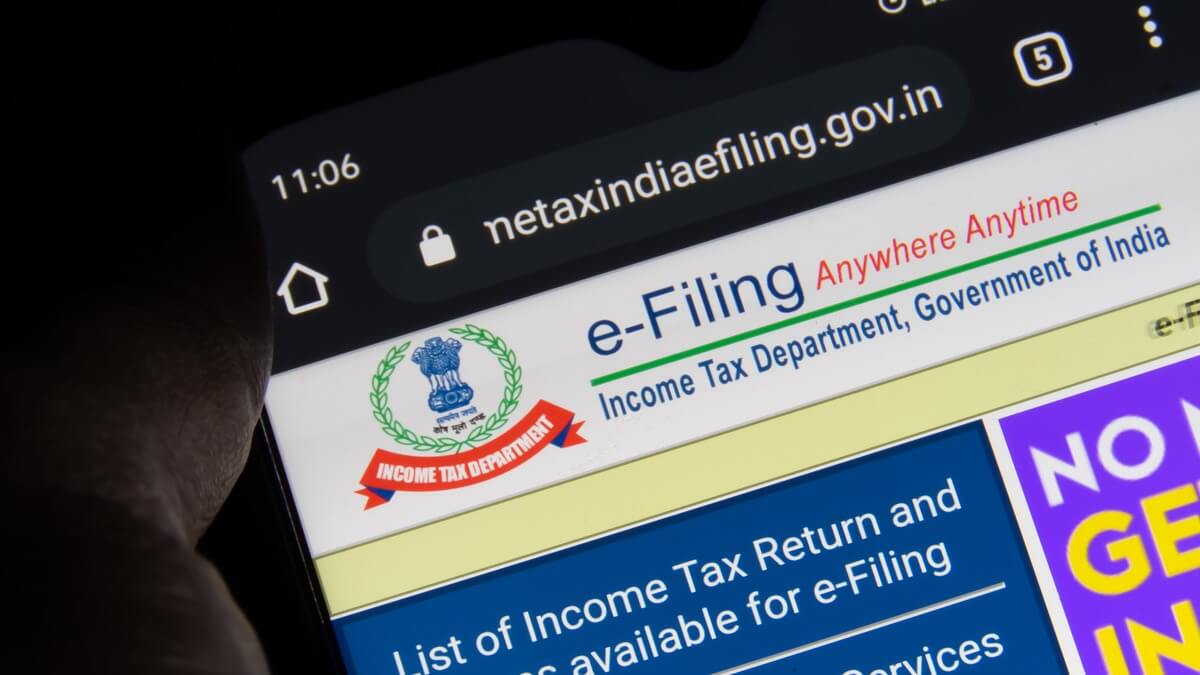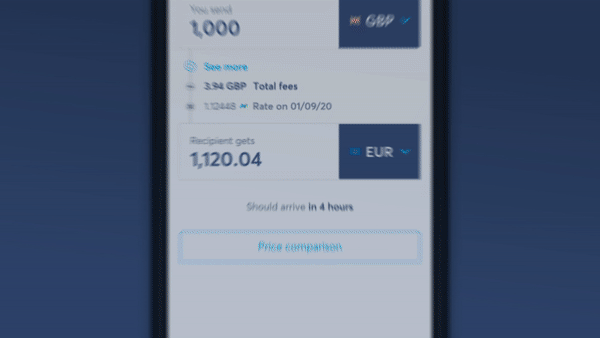Complete Guide to Revolut in India: Upcoming Launch and Services
Revolut is not yet available in India, but you can join the waitlist. Learn about their plans for India and discover Wise as an alternative for money transfers.

India is one of the top countries in the world to be sent money from family members or individuals abroad. But as a recipient in India, it's important to know- what are the tax implications?
Simply, it depends on who is sending the money and for what purpose.
| India’s Foreign Exchange Management Act (FEMA), says that if you are receiving money from a family member abroad as a gift or for family support, then the money received in India is tax free 💸 |
|---|
First, let's look at who constitutes as a family member in India. FEMA has that clearly noted that a family member is any of the following:
So any gift amount that is sent to any of the people above is considered tax free as a gift.
If money is sent to anyone else not in this list, they are considered non-relatives and the amount will be taxed as income if the amount received is over ₹ 50,000 in a year.¹
Second, on top of a gift from a relative, if you get money in India for any of the following reasons, it is not taxed either:
| Sending money to India can’t be easier than with Wise. Send money online directly to local bank accounts in India at the real exchange rate and low transfer fee 🚀 |
|---|
Open your free Wise account now
But what about if you are an Indian resident sending money abroad? Per FEMA, you can only send a maximum of $250,000 USD or the relevant currency equivalent per fiscal year.
The money you want to send abroad has to be sent under specific purposes too. The list includes²:
| ⚠️ As of October 1, 2020, the Reserve Bank of India put in place a change to the Liberalized Remittance Scheme (LRS) on sending money outside India. There will now be a tax of 5% on amounts over ₹ 7,00,000 sent abroad.³ |
|---|
This tax is reduced to .5% for money taken as a loan from a financial institution for educational reasons and sent out of India, but check with a tax professional for your specific educational payment plan.
The table below is a quick summary, but should not be taken as tax advice. Every person’s tax situation is different, so chat with a tax professional to know how sending money to or from India will affect you specifically.
| Tax 💰 | Sending to India | Sending from India |
|---|---|---|
| Sender | Yes, depending on the sending country and the amount | Yes, if above ₹ 7,00,000 |
| Receiver | No, if it meets FEMA guidelines | Depends on the country receiving the funds |
If you’re in the US and want to send money to family members in India as a gift, per the IRS, the amount is excluded from taxes under the Gift Tax for gifts up to $15,000 USD per year. Above $15,000 USD as gifts will trigger a tax event in most cases.⁴
In the UK, you can send up to £3,000 GBP as gifts during the fiscal year under the annual exemption. In addition, you can also give wedding or civil ceremony gifts of up to £1,000 per person, which increases to £5,000 for a child, and £2,500 for a grandchild or great-grandchild.⁵

If you are an Indian resident, you will get taxed on amounts over ₹ 7,00,000 sent to the US. In addition, you will need to show evidence to prove that the money being sent abroad is for the approved reasons.
The maximum amount you can send abroad as an Indian resident is $250,000 USD annually.
If you are sending money from India to the UK, you will have to pay a 5% tax on any amount above ₹ 7,00,000. There is a reduced tax rate for payments taken out as loans for educational purposes.
You will have to ensure that the purpose of your transfer meets FEMA’S criteria for sending money outside India. And you will be capped at the British Pound equivalent of $250,000 USD at the time of sending, annually.⁶
As long as the money sent meets the criteria put down by FEMA for non-taxable gifts to India, stated above, you can send as much as you need.
There also isn’t a cap on how much or how many times family or individuals can receive monetary gifts in India, but your sending country may start putting a tax on gift money sent above a certain limit. Check with your local country tax laws to see what the amount is for tax-free gifting, if at all.
Sign up for a free Wise account online and see how much time and money you can save when sending money to India. When you’re on the go or at home, Wise makes it simple to send money directly to Indian bank accounts with a touch of a button.
With Wise you will always get the mid-market exchange rate without any mark-ups or hidden fees.
All you have to pay is one low transfer fee, and that's it. And depending on your transaction, it can be in your family’s bank account in India within the hour.
So say goodbye to the overpriced banks and money transfer services that charge you extra for sending money home. And say hello to Wise’s quick, easy and cheap transfers to India.
Sources used for this article:All sources checked as of 12 October, 2020
*Please see terms of use and product availability for your region or visit Wise fees and pricing for the most up to date pricing and fee information.
This publication is provided for general information purposes and does not constitute legal, tax or other professional advice from Wise Payments Limited or its subsidiaries and its affiliates, and it is not intended as a substitute for obtaining advice from a financial advisor or any other professional.
We make no representations, warranties or guarantees, whether expressed or implied, that the content in the publication is accurate, complete or up to date.

Revolut is not yet available in India, but you can join the waitlist. Learn about their plans for India and discover Wise as an alternative for money transfers.

WhatsApp UPI for India: Can you send or receive money international? Discover limits, safety & Wise as a global transfer alternative.

Complete review of Vance Money Transfer services to India in our guide to that covers their features, fees, and supported countries.

विदेश पैसे भेजने के आसान तरीके सीखें। नकद, बैंक ट्रांसफर, और Wise जैसे ऑनलाइन विकल्पों की जानकारी। फीस और एक्सचेंज रेट समझें।

Review of the best banking choices and alternatives for NRIs in New Zealand with our guide for Indian Expats living in New Zealand.

Complete guide to TCS applicable when remitting from India to cover foreign travel such as for overseas tour packages. We go over the TCS rate and how to claim.